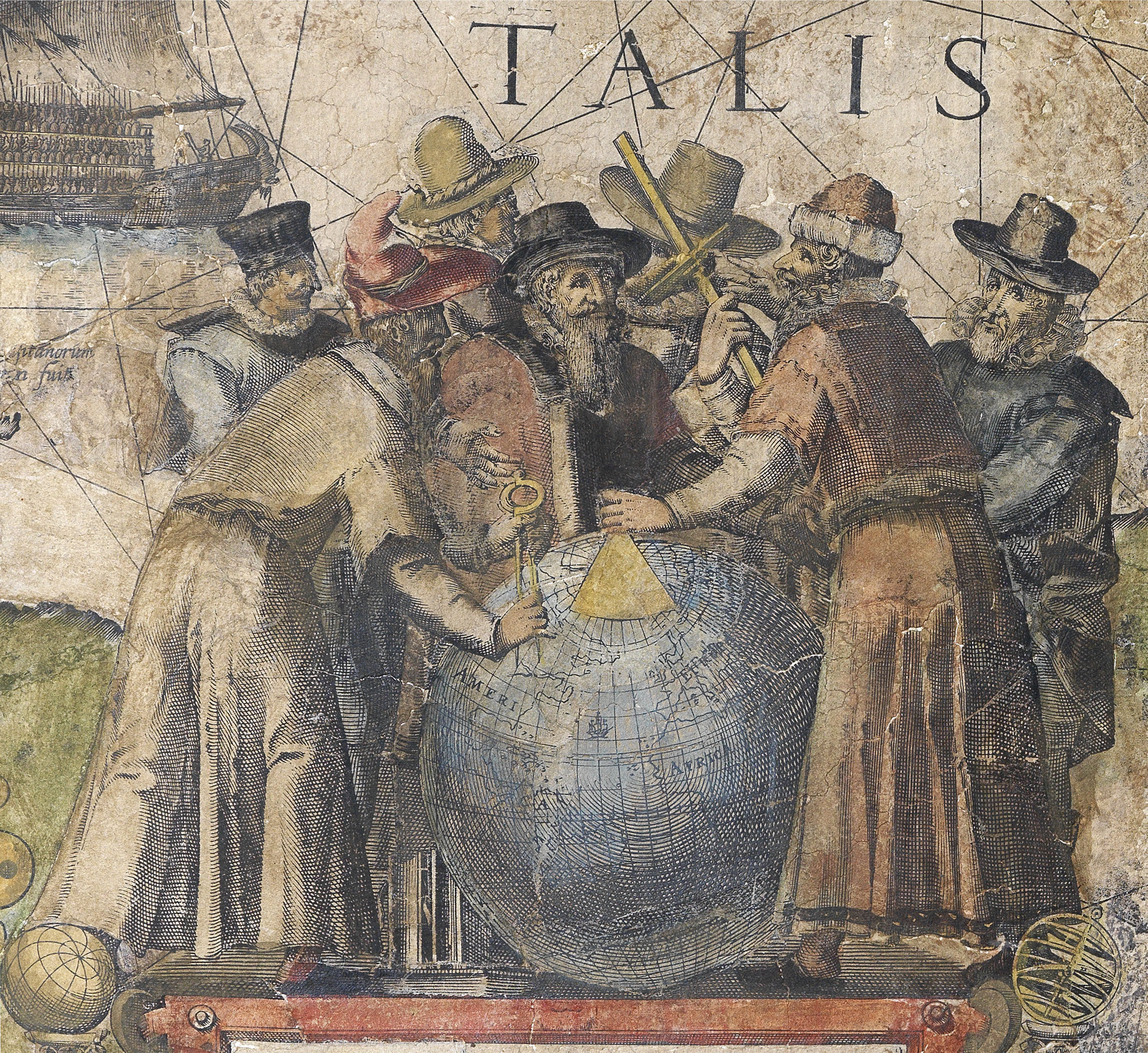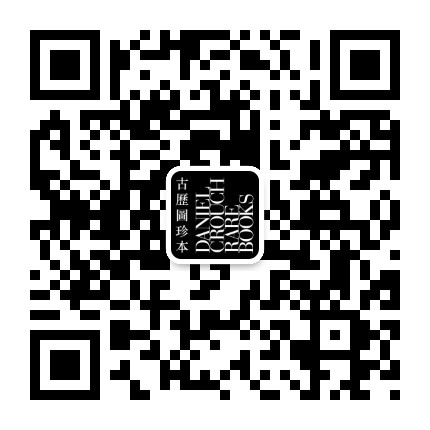Mathew Carey
(1760 - 1839)

Lame, as a result of being dropped by his nurse as a baby, Mathew Carey began his life as a recalcitrant young man in Dublin, Ireland, and ended it as “the leading book publisher in America in the formative years of that industry” (Green). His first published work, was an anonymous inflammatory pamphlet, The Urgent Necessity of an Immediate Repeal of the Whole Penal Code (1779). Not surprisingly, it was suppressed, and a reward offered to any that would reveal its author. Making a hasty trip to Paris, Carey came within the orbit of Benjamin Franklin and the Marquis de Lafayette, working briefly at Franklin’s press at Passy.
Back in Dublin, four years later, Carey was now passionately nationalistic and anti-English, and soon imprisoned for printing a defamatory cartoon of the prospective chancellor of the Exchequer in his Volunteer’s Journal. With further charges pending on his release, the only thing to do was disguise himself as a woman, and stow away aboard a ship bound for Philadelphia.
Once in America, Carey was again the recipient of patronage and protection from Lafayette. With his financial help, he launched a publishing business, initially issuing newspapers, the Pennsylvania Evening Herald (1785-1787), but soon moving on to journals, The Columbian Magazine, and the American Museum. When an impoverished marquis returned to America in 1824, Carey publicly repaid the debt.
From 1790 to 1821, Carey published an increasing number of American imprints of English and European works, including the first American edition of the Catholic Douay Bible, and the American Atlas (1795), the first folio atlas to be published in America. In all, Carey published an estimated eleven hundred titles. He founded a book distribution network which made use of traveling book agents to reach remote settlements, initially in Pennsylvania, but eventually extending to all parts of the United States and South America. In 1801 Carey hosted what was essentially the first trade fair for the booksellers of America.
Also in 1801, after Thomas Jefferson’s election, Carey was rewarded for his support with a seat on the board of the Bank of Pennsylvania, and seemingly unlimited credit, which he ploughed into his business. Over the next twenty years Carey published several editions of the Bible each year, “capturing the lion’s share of the American Bible market. His other publications included a variety of atlases, schoolbooks, and almanacs; reprints of English fiction, drama, biography, and travel; and the two great American bestsellers of the age, Weems’s Life of Washington and Susanna Rowson’s Charlotte Temple… In 1822, he officially retired. [His son,] Henry Charles, in partnership with his brother-in-law Isaac Lea, took over the firm’s stock, out of which they paid Carey a handsome annuity. He quickly overspent his income printing the many pamphlets he was now writing on economics” (James N. Green for ANB online).
 地图
地图  地图集
地图集  珍本
珍本  版画
版画  天文仪器
天文仪器 






